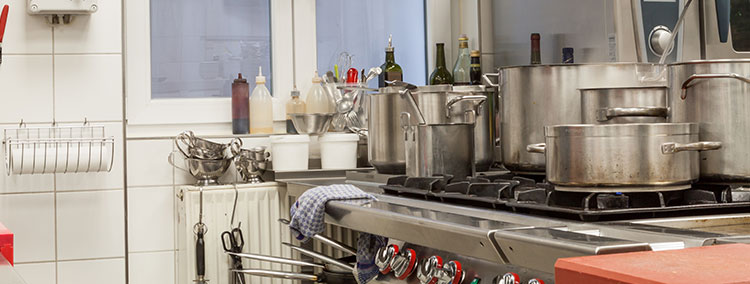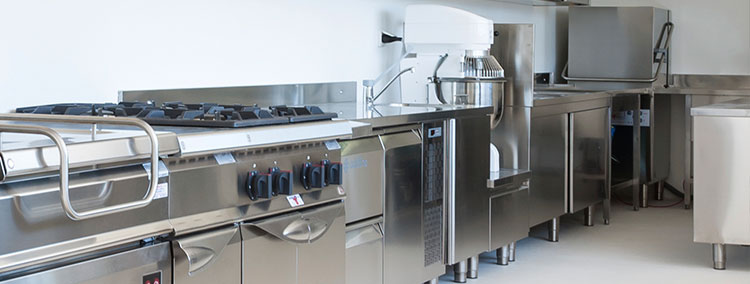Although the dishwasher isn’t dead silent when running, it’s not supposed to be too noisy that you are bothered when cleaning your dishes. Is your dishwasher making noise? It means you have a problem that you should address as soon as possible. Here are some of the common dishwasher noises as given by dishwasher repair professionals and how to get rid of them:
Grinding noises
A light grinding noise is no problem, and you have nothing to worry about if your dishwasher is making it. However, if the noise starts immediately, you may have to hire a contractor and ask them to check inside the dishwasher as the drain impeller’s plastic blades might be having a problem.
The dishwasher uses the blades to break up large food particles, and sometimes things stick on the plastic blades leading to a grinding noise. If the contractor inspects the blades and there is nothing there, the noise could be coming from the water inlet valve.
Check the valve for clogs and if clogged, clean it. Also, check whether it’s damaged and if that’s the case, replace it.
Banging
Are there non-rhythmic banging sounds inside your dishwasher? In most cases, they are as a result of spray arms hitting the dishes. The arms will cause the bang sound, and since the arms rotate in a circle, the bang sound will have a certain rhythm to it.
To fix the rhythmic sounds, you have to adjust the dishes, but if the sounds aren’t rhythmic, you might be having a water hammer problem.
When a water hammer happens, the dishwasher valves close, forcing the water behind it to rattle the pipe. You need to hire a plumber to help you find the cause of the water pressure issue and install the adjuster to ensure you don’t burst a pipe.
Did you recently install the dishwasher? The banging sounds might be due to the drain line thumping against the cabinets or wall during operation. Ask the dishwasher technician to look into the issue and readjust it accordingly.
Rattling
In most cases, a rattling sound is due to improper placement of the dishes. A small cup might be jostled by water, you might be having a loose fork, or the plates are touching each other. If you do the inspection and the sound isn’t due to improperly placed dishes, take a look at the motor.
If the motor is faulty or on its way out, it’s normal for it to make rattling sounds. You can test whether the problem is due to a faulty motor by running an empty cycle where there is nothing left but the motor itself.
While at it, take a look at the filters and drains for solid objects that might be causing the rattling.
If everything checks out and you still have the rattling sounds, chances are you have a water hammer in your pipes. Ask an experienced professional to look into the issue and fix it.
Clicking
Clicking sounds are normal when you switch on the appliance, but if the sounds are too loud, you might be having a problem that you need to address.
Clicking sounds are often brought about by small items such as seeds bouncing around. The noises will also come about if you recently made repairs, such as replacing an O-ring. If the repair professional didn’t properly replace the O-ring, you are bound to have clicking noise as the ring moves.
Humming
Humming is the normal sound of a dishwasher in operation, but if you hear louder noises than normal or high-pitched, you will need to look further into them. Take a look at the motor or the fan.
If the humming is happening during a drying cycle, the noise is most likely coming about due to a faulty fan, but if the humming is happening during any other cycle, the motor is most likely the culprit since the fan is only used for drying cycles.
Squealing
Squealing sounds are common with new appliances as the dishwasher is yet to get used to the job. If your dishwasher is new, appliance repair Northern VA experts advise you to relax as the noises dissipate with time. However, if you have had your appliance for a long time, check the motor, water inlet, or pump for damage.


